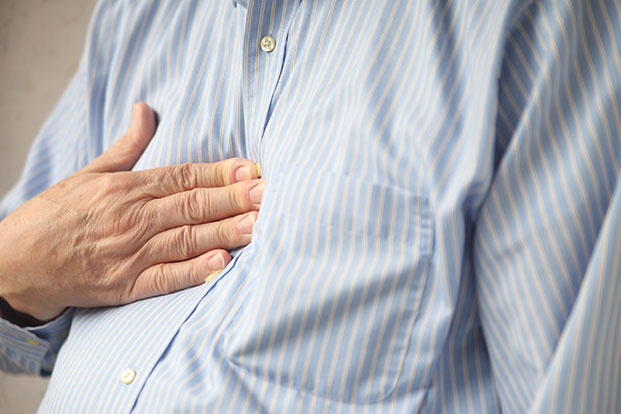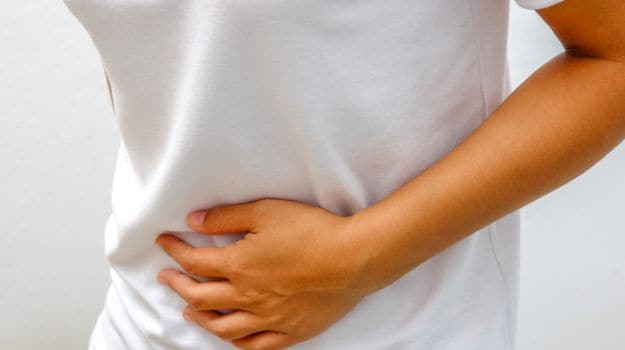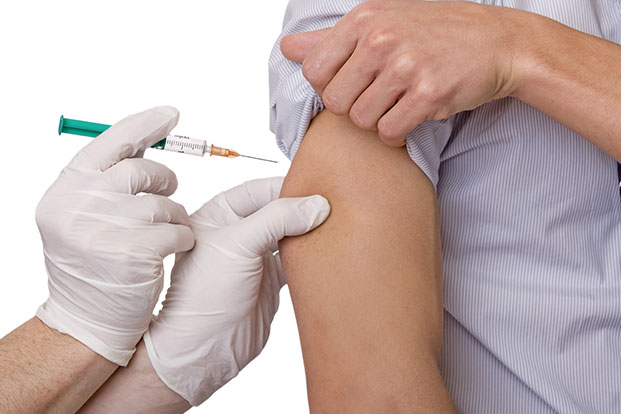Categories
- Bariatric Surgery (11)
- Black Fungus (5)
- Bone Marrow transplant (3)
- Brain Tumor Surgery Navigation Technology (20)
- Cardiac Surgery (66)
- Cardiology (97)
- Computer navigation technology for joint replacements (20)
- Covid Vaccination (17)
- Critical Care (2)
- Dental (19)
- Dermatology (31)
- Dialysis Support Group - “UTSAAH” (11)
- Dietitian (33)
- Emergency Medicine (4)
- Emotional Health (11)
- Endocrinology (33)
- ENT (20)
- Gastroenterology and GI Surgery (53)
- General and Laparoscopic Surgery (21)
- General Surgery (4)
- Gynecology & Obstetrics (183)
- Hematology (20)
- Internal Medicine (294)
- Kidney Transplant (50)
- Kidney Transplantation (20)
- Lung Cancer (8)
- Minimal Invasive Surgery (1)
- Mother & Child (20)
- mucormycosis (5)
- Nephrology (61)
- Neurology (147)
- Neurosurgery (68)
- Nutrition and Dietetics (107)
- Omicron Variant (1)
- Oncology (288)
- Ophthalmology (10)
- Orthopaedics & Joint Replacement (86)
- Paediatrics (59)
- Pediatric Nephrology (3)
- Physiotherapy (5)
- Plastic & Reconstructive Surgery (6)
- Psychiatry and Psychology (90)
- Psychologist (28)
- Pulmonology (72)
- Rheumatology (13)
- Spine Services (21)
- Transradial Angioplasty (16)
- Urology (84)
Query Form
Posted on Apr 19, 2022
Treatment of Acid-reflux and Heartburn
Heartburn is one of the most common complaints encountered by gastroenterologists. It is the classic symptom of gastroesophageal reflux disease, where patients generally report a burning feeling, rising from the stomach or lower chest and radiating toward the neck, throat, and occasionally the back. It occurs post-meal, particularly after large meals or after ingesting spicy foods, citrus products, fats, chocolates, and alcohol. The treatment of acid reflux is based on lifestyle modification and control of gastric acid secretion through drugs or antireflux surgery.
Lifestyle modification for Treating Heart Burn:
Lifestyle modification should be the part of the initial management plan and especially helpful in those with mild, intermittent symptoms. Lifestyle modifications include the following:
- Head-of-the-bed elevation while sleeping
- Avoidance of tight-fitting clothes
- Losing weight (if overweight)
- Restriction of alcohol and smoking
- Avoiding chocolate, citrus juice, tomato- products, peppermint, coffee, and cola drinks
- Avoiding large meals
- Refraining from lying down after meals.
Cessation of smoking and alcohol reduction are valuable because both agents lower esophageal sphincter pressure, reduce acid clearance, and impair epithelial protective functions

Pharmacologic Therapy for Heart Burn:
These drugs improve reflux symptoms by increasing lower sphincter pressure, acid clearance, and/or gastric emptying.
- Use Antacids: Antacids are effective in controlling mild symptoms of acid reflux. However, the effect antacids are only modest and they do not heal esophagitis. It should be taken after each meal and at bedtime.
- Use H2 receptor antagonists: They are the first-line agents for patients with mild to moderate symptoms and mild esophagitis. These drugs (cimetidine, ranitidine, famotidine, and nizatidine) are more effective in controlling nocturnal, as compared with meal-related, acid secretion.
- Proton pump inhibitors : (PPIs: omeprazole, lansoprazole, rabeprazole, pantoprazole, and esomeprazole) have superior efficacy compared with H2 receptor antagonists on the basis of their ability to maintain an intragastric pH above 4 from 10 to 14 hours daily compared with approximately 6 to 8 hours daily with the H2 PPIs are superior to H2RAs in completely relieving heartburn symptoms in patients with severe reflux disease, usually within 1 to 2 weeks. PPI is more effective in erosive than non-erosive reflux disease. The therapeutic efficacy among PPIs appears similar. However, some studies have found the esomeprazole 40 mg was superior to omeprazole 20 mg and lansoprazole 30 mg in healing esophagitis.
- Prokinetic agents can be considered usually in combination with other acid reducing agents
Surgical therapy for treating Heart Burn:
The most commonly performed operation today in both children and adults is the Nissen fundoplication. Patients with symptoms that are not completely controlled by PPI therapy can be considered for surgery. Surgery can also be considered in patients with well-controlled GERD who desire definitive, one-time treatment or in patients with the presence of extraesophageal manifestations of acid reflux such as cough, wheezing, aspiration, hoarseness, sore throat, otitis media, and dental erosion. Long-term results of laparoscopic antireflux surgery have shown that, at 10 years, 90% of patients are symptom free and only a minority still take PPIs.



